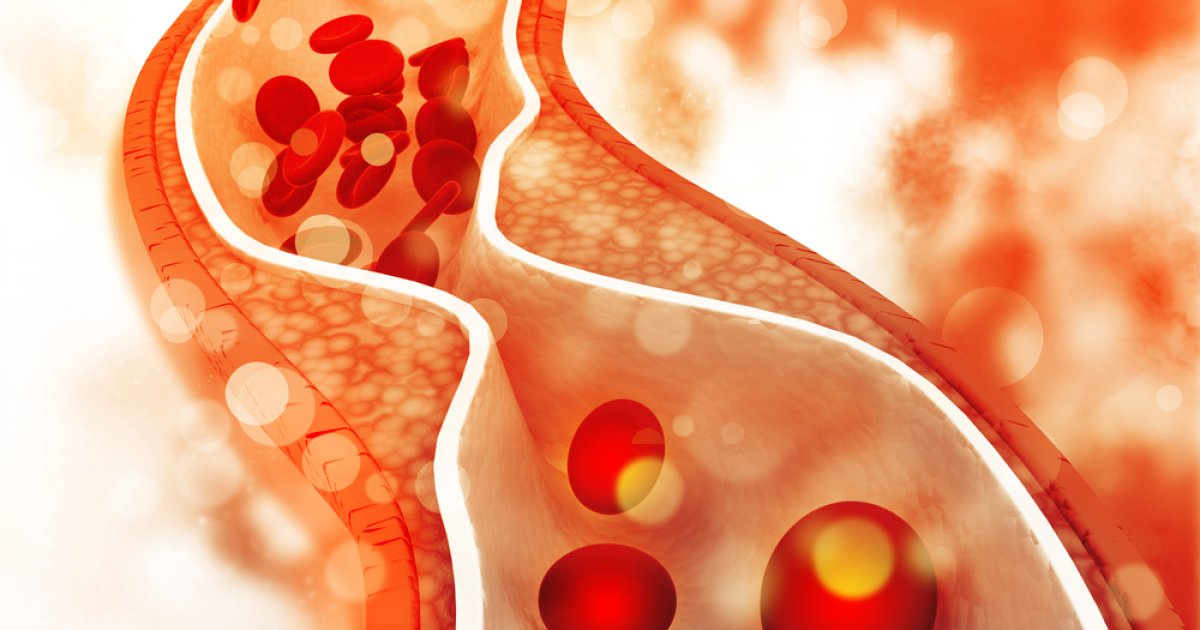Insulin: Major Causes Of Resistance And Why
Metabolic Syndrome

Metabolic syndrome is the umbrella term used to characterize a group of conditions that include excess body fat around the waist, high blood pressure, abnormal cholesterol levels, and high blood sugar. When an individual has more than one of these conditions, they have metabolic syndrome. The same mechanisms that cause metabolic syndrome are what causes insulin resistance to develop. When an individual consumes food, the fat and glucose from the food are metabolized and used to make cellular energy, or it is stored if it is not needed. When an individual consumes more calories than their body is burning, the excess fat and glucose are stored in the blood and body tissues. Over time this causes excess body fat, high blood pressure, and abnormal cholesterol levels. Some extra glucose remains in the blood because the body unable metabolize it for storage as quickly as the individual is consuming it. This glucose in the blood causes high blood sugar levels. If the insulin the individual's body produces is not productive at transferring the extra glucose to the muscle cells, it continues to build up in the blood, and the body tries to compensate by making more insulin. Eventually, the cells become so used to high insulin that they no longer respond to it. The inadequate response of the body to the insulin is what characterizes insulin resistance.
Uncover more details on insulin resistance causes now.